From the early days of establishment…
The Faculty of Communication and Foreign Culture was officially established on June 23, 2008, and is one of the "youngest" faculties at the Diplomatic Academy.
From 2008 to 2010, the Faculty conducted a research project to open a Bachelor of International Communication major and was approved by the Ministry of Education and Training to open the major from December 2009. In 2010, the Faculty enrolled the first class of students in International Communication with a quota of 50 students.
Since its inception, the Faculty of Communication and Foreign Culture has experienced many difficulties. The Faculty was established with only three lecturers. At the same time, teaching and training in International Communication, a completely new field of study in Vietnam at that time, was a huge challenge for the Faculty's staff and lecturers, especially in compiling textbooks and designing teaching programs to ensure training goals and functions.
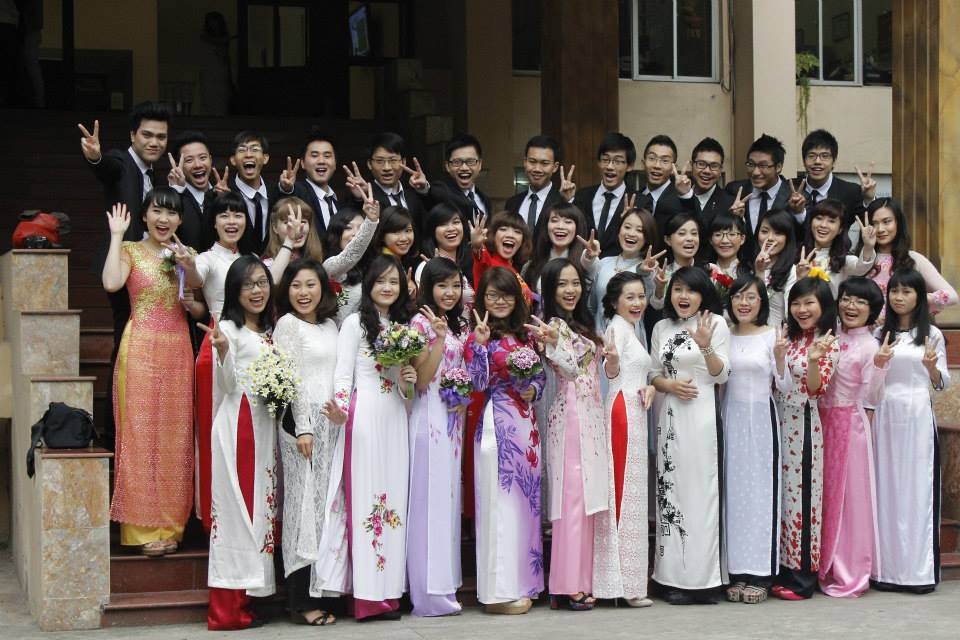 |
| K37 - The first course of the Faculty of Communication and Foreign Culture. (Photo: TGCC) |
…became a dream major
In recent years, media has become a “hot” major, chosen by many young people. The benchmark for this major is always in the top group during admission seasons.
The International Communication Department (Diplomatic Academy) is no exception to this trend. In recent years, the number of students admitted to the Faculty has been constantly increasing. After 14 courses, in 2023, the number of students admitted has increased 8 times compared to the first year, reaching more than 400 targets.
Along with that, from 2021, the Faculty will also open another specialized major, International Marketing Communications, in addition to the specialized branch of Professional International Communications.
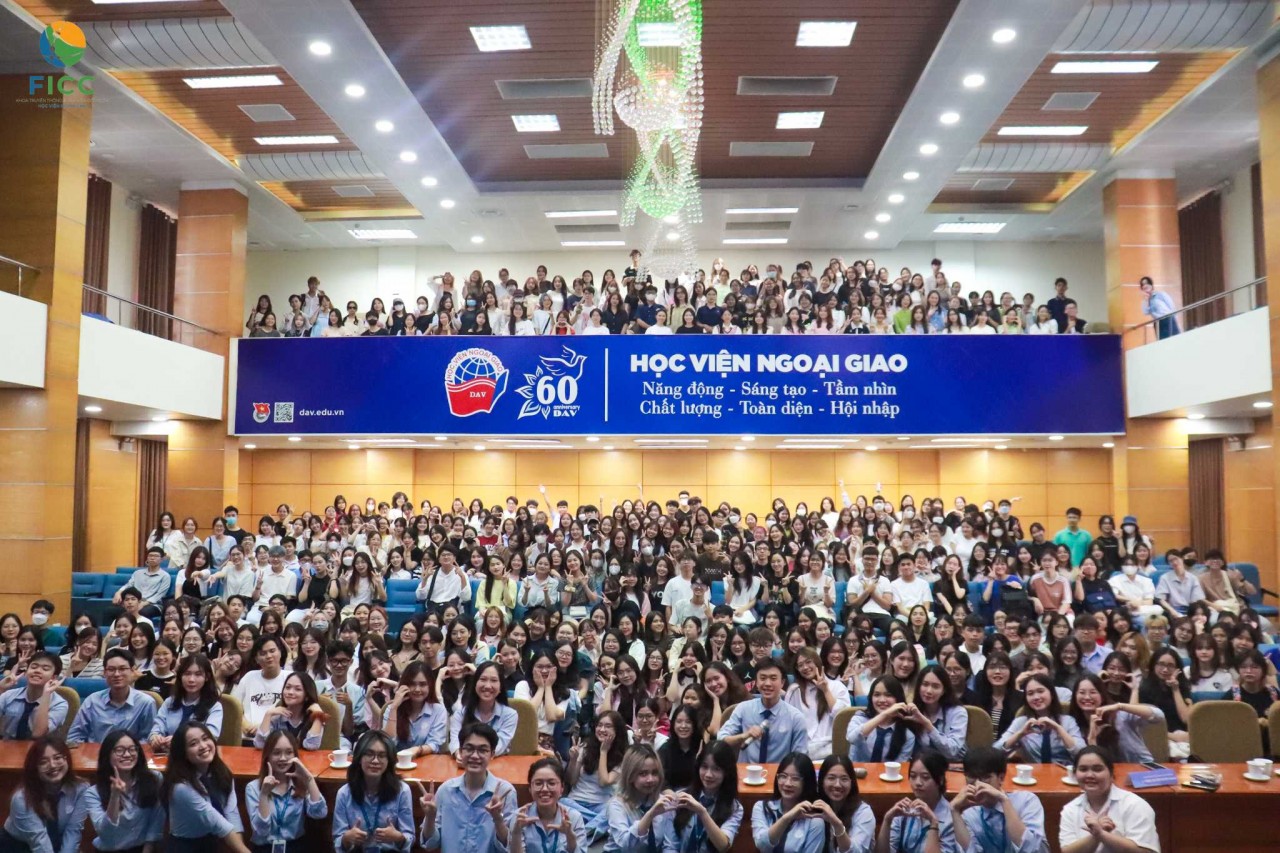 |
| New students of K50 of the Faculty of Communication and Foreign Culture. (Photo: TGCC) |
The entrance score of the industry is always at the top of the Academy. In 2023, the Diplomatic Academy will enroll the 14th course of International Communication with the highest admission score of up to 28.46 points. This is also the highest admission score in the communication industry of universities nationwide.
…Continuously growing and improving
In the era of rapidly developing science and technology, the public's information access habits have also changed, along with the comprehensive innovation and deep international integration of Vietnam today, which has led to new requirements for human resources in the field of communication, especially international communication and foreign information.
Human resources in this field need to ensure the following factors: foreign language proficiency, specialized knowledge and skills in journalism and communications, and the ability to work in a highly internationalized environment.
Realizing the above changes and practical requirements, after 15 years of establishment and development, the Faculty of Communication and Foreign Culture has continuously improved and enhanced the quality of teaching and innovated the training program, in order to ensure the goal of training high-quality human resources in the fields of journalism - communication, public relations, and foreign culture.
Equipment for teaching and research is constantly being invested and upgraded. The Academy and the Faculty have been equipped with the necessary equipment to carry out media operations similar to professional press agencies, such as Multimedia rooms with Virtual Studio, cameras, microphones, cue readers, mixers, preamps, microphone filters, PCs, amplifiers, etc. Classrooms are also equipped with modern projection screens. This creates favorable conditions for students to get acquainted with and practice in the field of professional media and journalism.
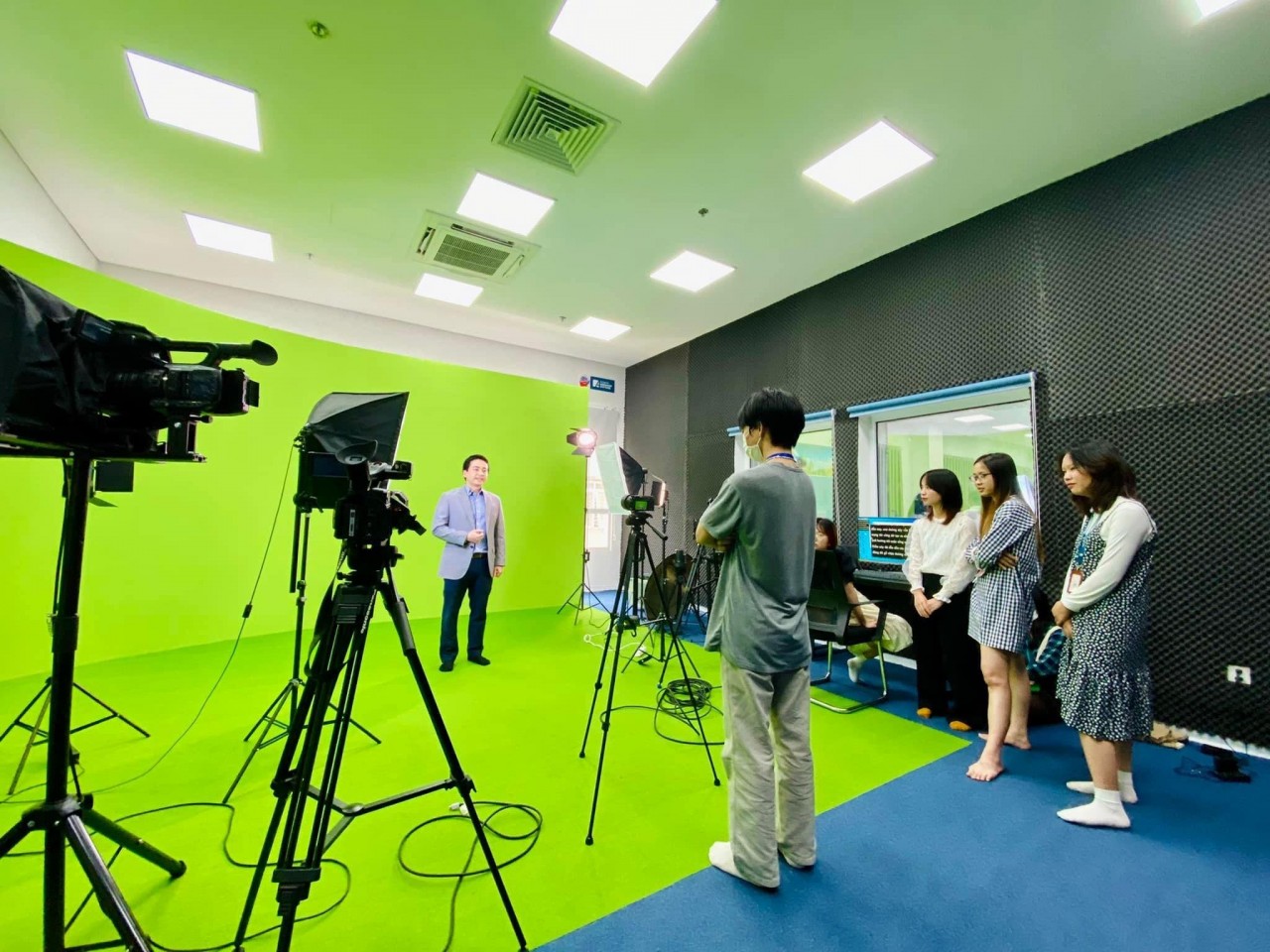 |
| Students study in the multimedia room of the Diplomatic Academy. (Photo: TGCC) |
Regarding the faculty's teaching staff, Associate Professor Dr. Le Thanh Binh - former Head of the Faculty of Communication and Foreign Culture shared that the teaching staff has both good professional knowledge and experience in the field of journalism and communication and is constantly being supplemented.
Currently, the Faculty of Communication and Foreign Culture has nearly 40 official lecturers and staff, along with over 50 guest lecturers who are journalists and famous media workers nationwide. The faculty's young teaching staff - with their dynamism, creativity, good professional knowledge and close adherence to current media development trends - have contributed greatly to the growth and improvement of the faculty.
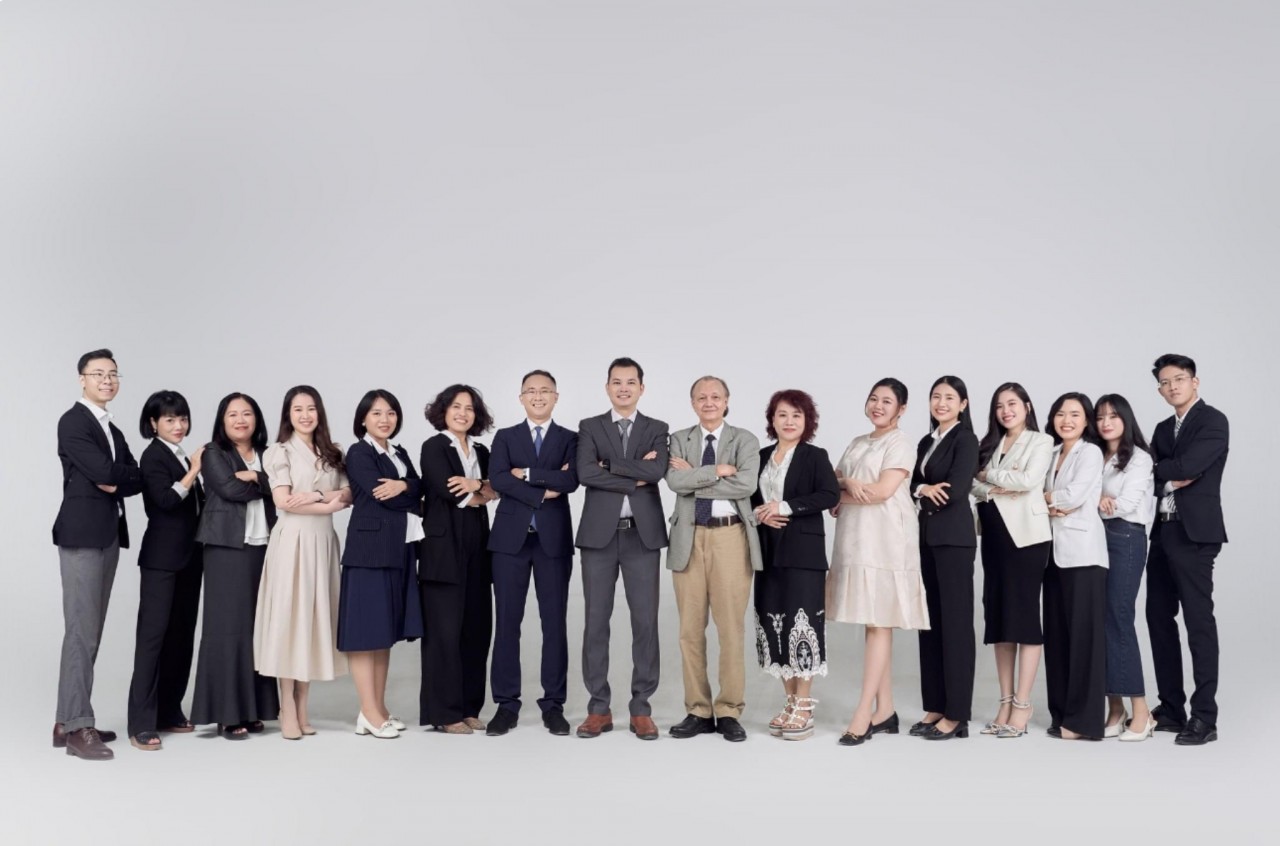 |
| Lecturers of the Faculty of Communication and Foreign Culture - Diplomatic Academy. (Photo: TGCC) |
MSc. Tran Minh Ngoc - Lecturer of the Faculty of Communication and Foreign Culture shared: “The training program of the International Communication major of the Diplomatic Academy is constantly being innovated and improved, keeping up with the trend of training human resources in the communication industry in the country and the world. Besides theory, the curriculum is also built in association with practice and work. In addition to specialized knowledge, students of the Faculty are also provided with basic knowledge of politics, diplomacy, culture…”.
In the context of the requirements for human resources in the media industry changing every day, students in this field need to be trained in a practical way, and get acquainted with the working environment early. In recent years, the Diplomatic Academy has always created conditions for students majoring in Media to get acquainted with the labor market very early. The Faculty of Media and Foreign Culture always has internship opportunities right from the first year for its students.
And the challenges...
According to Dr. Nguyen Dong Anh - Deputy Head of the Faculty of Communication and Foreign Culture, building and innovating the training program and teaching methods of the Faculty is one of the challenges for the staff and lecturers.
“The students recruited to the Faculty are very good, they know a lot and sometimes grasp the knowledge that teachers provide in class. This puts pressure on us to design the program and teaching methods to be worthy of being a school with top entrance scores in the media industry” - Dr. Nguyen Dong Anh said.
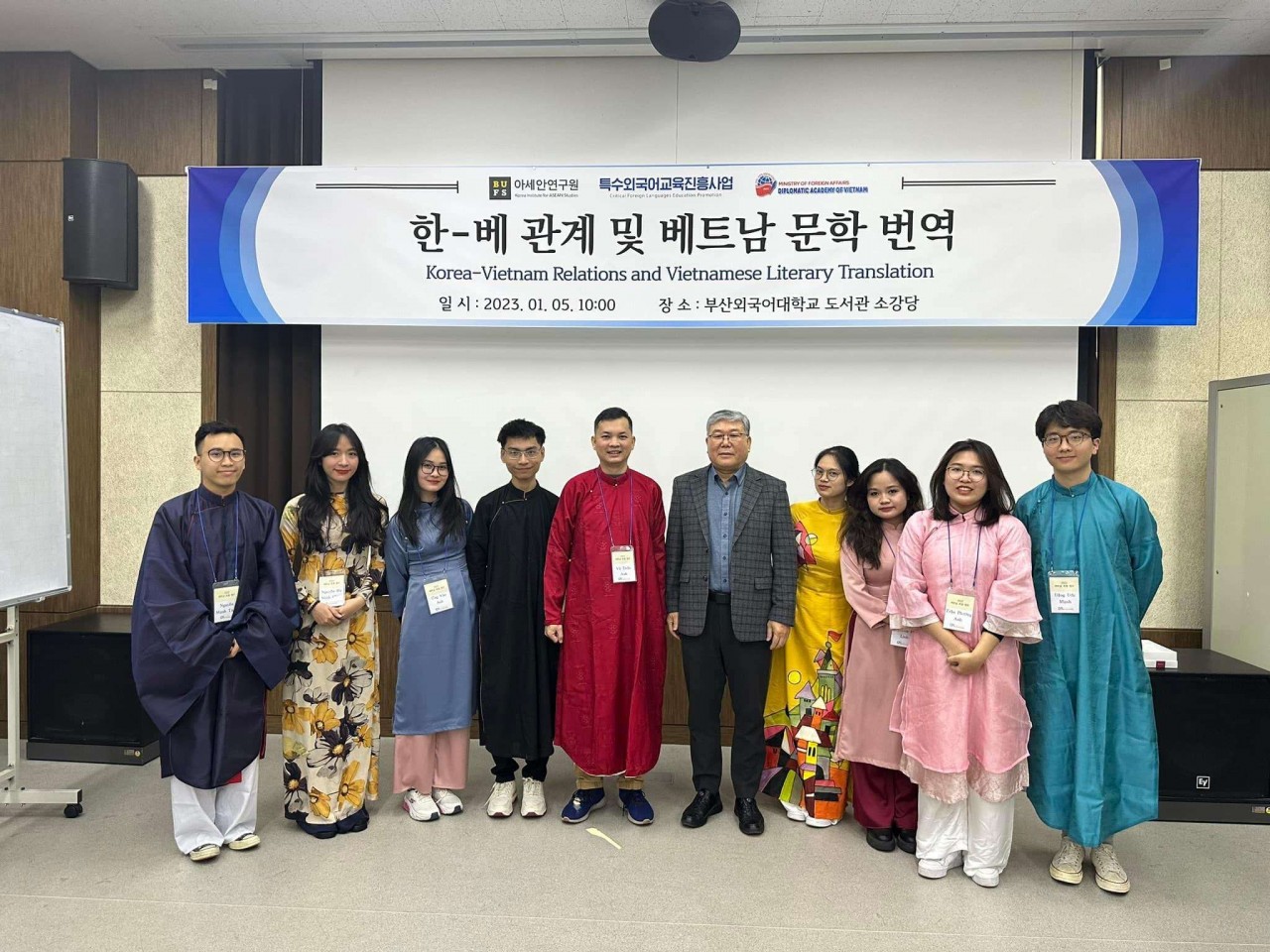 |
| Students of the Faculty of Communication and Foreign Culture study and exchange in Korea. (Photo: TGCC) |
In addition, in the context of the digital age and the growth of artificial intelligence, it is necessary to build a training program for human resources in the media industry in the AI environment, virtual reality technology or to meet new development trends of social networks... However, inviting experts in this field to become lecturers also poses great challenges.
“The Faculty can invite experts to exchange and share knowledge and experience with students, but it is very difficult to invite them to become lecturers and stay with the Faculty to do teaching work,” said Dr. Nguyen Dong Anh.
Currently, training institutions for the Media industry in Vietnam are focusing on investing in facilities and improving teaching quality, creating a positive competitive environment in training human resources in this field. Therefore, continuing to put the Diplomatic Academy in the group of leading schools training in the Media industry nationwide is a huge challenge.
Future plans of the Faculty
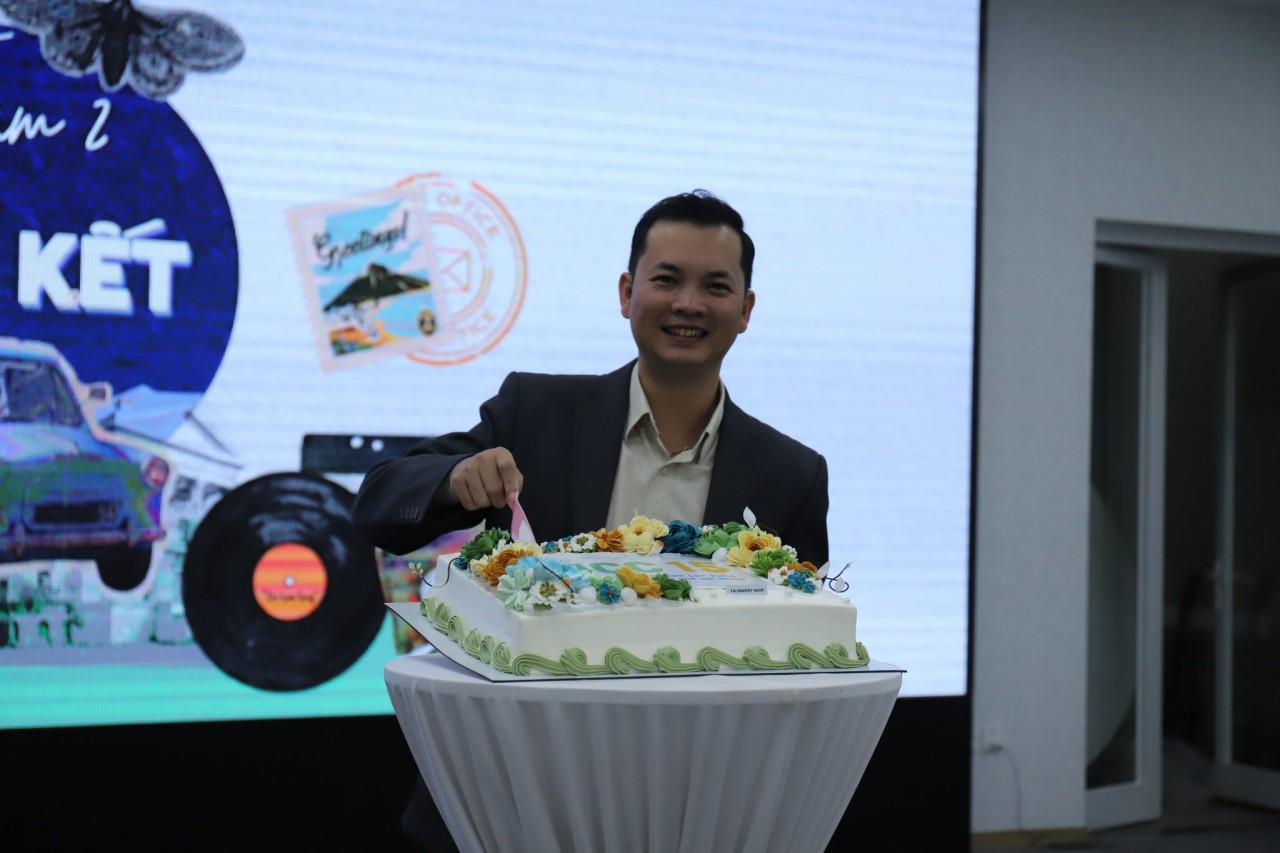 |
| On November 20, the Faculty of Communication and Foreign Culture solemnly celebrated its 15th anniversary. (Photo: TGCC) |
Regarding some of the faculty's future plans, Dr. Vu Tuan Anh - Head of the Faculty of Communication and Foreign Cultural Affairs shared that up to now, the Faculty has focused on two areas, which are international communication and foreign cultural affairs. However, the foreign cultural affairs area has not been properly invested. Meanwhile, culture is an important field and greatly supports students when working in journalism and communication, especially foreign information. Therefore, in the future, the Faculty will focus more on developing the foreign cultural affairs area.
Along with that, Dr. Vu Tuan Anh also said that in the near future, the Faculty will design the International Communication curriculum in more specialized directions, focusing on each specific field. The Faculty will cooperate with major universities in Korea, Australia, Europe, etc. to aim for in-depth training in cultural communication, event organization communication, communication in the current developing digital technology environment.
“The desire of the Faculty of Communication and Foreign Culture in particular and the Diplomatic Academy in general is to train high-quality human resources for the field of Communication. After graduation, students will have comprehensive knowledge and skills, and be able to compete and thrive in the labor market,” said Dr. Vu Tuan Anh.
Source


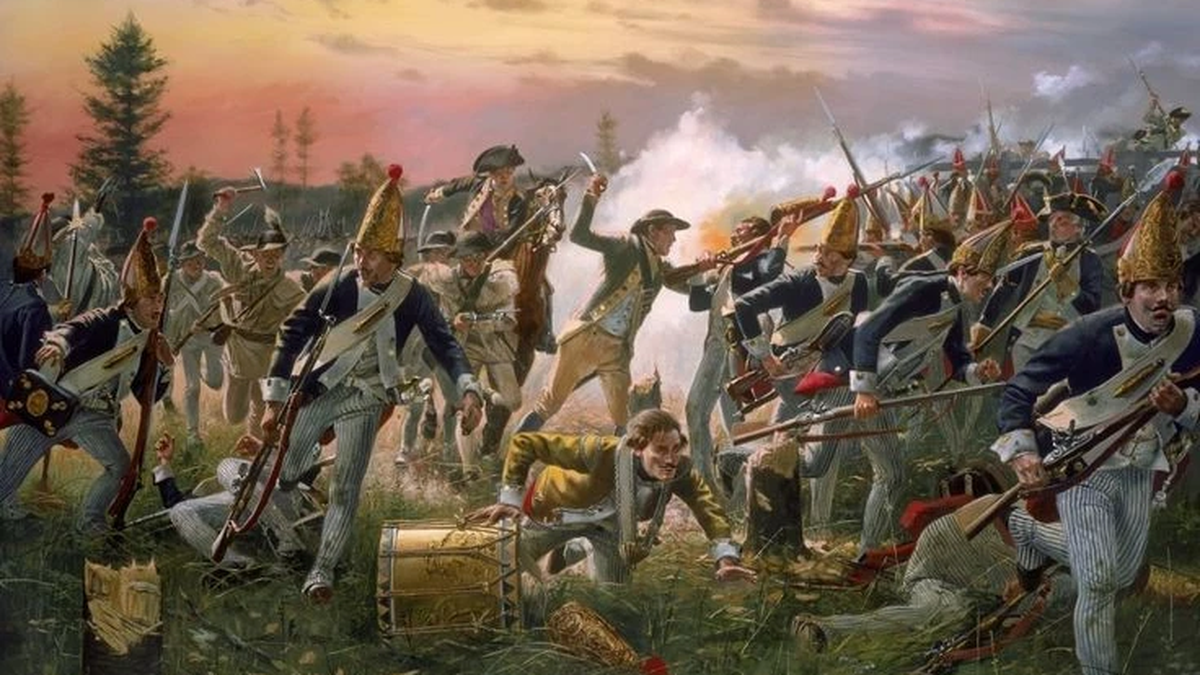

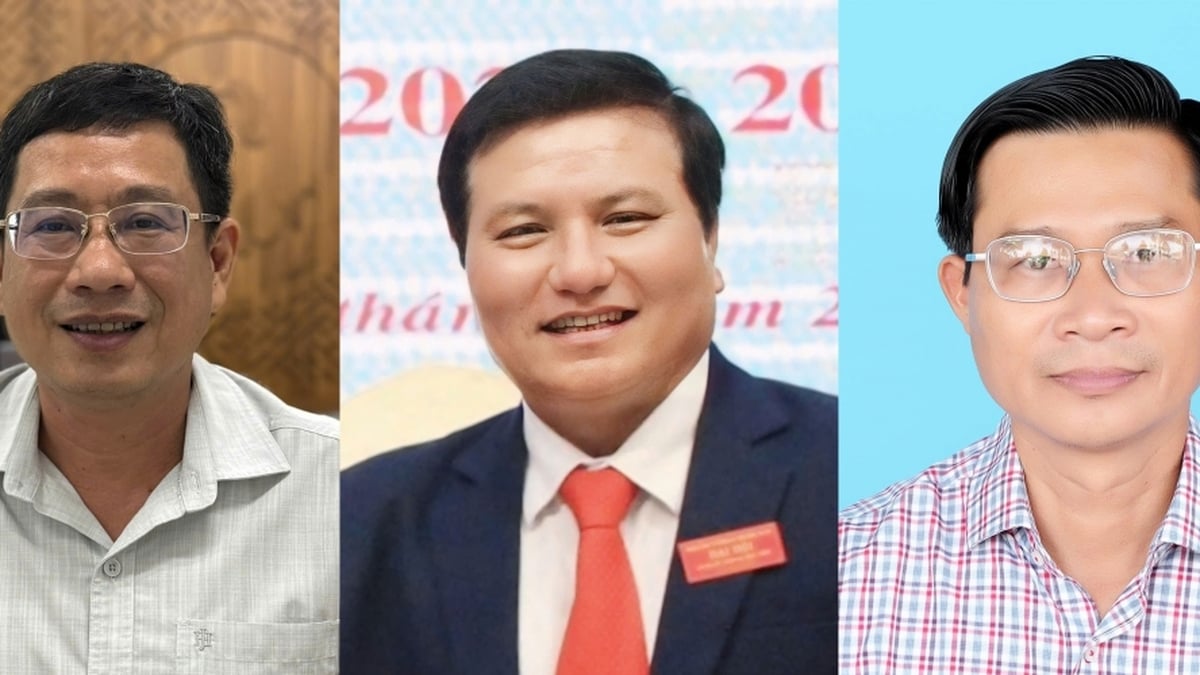
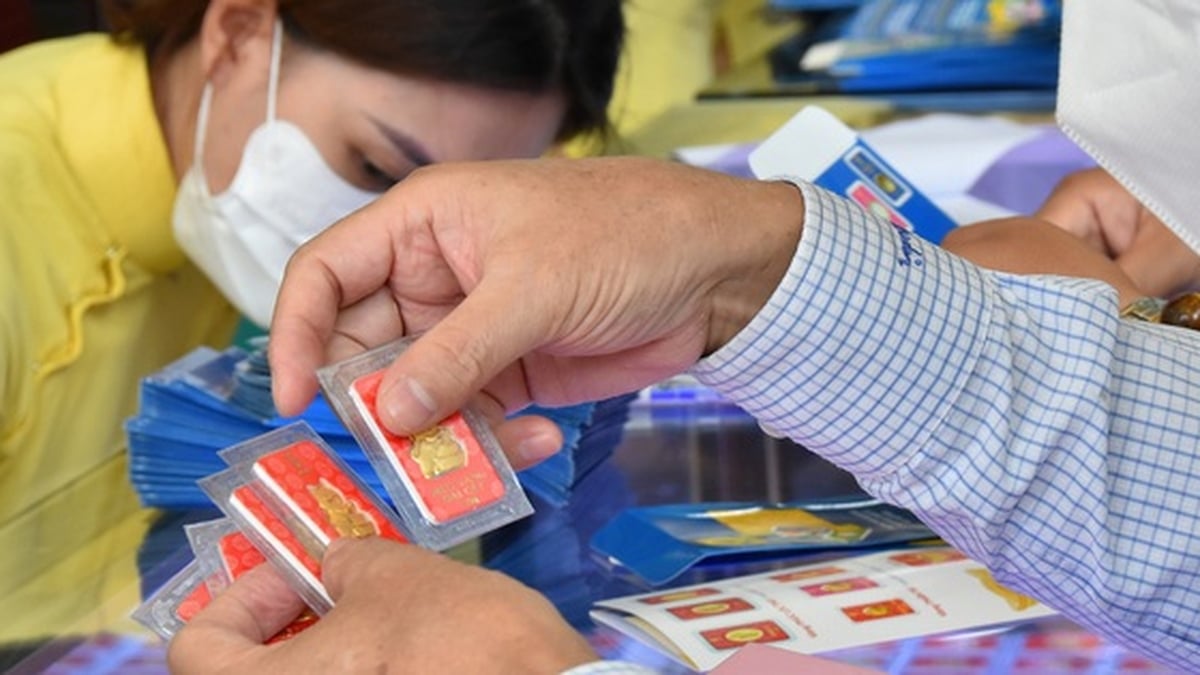
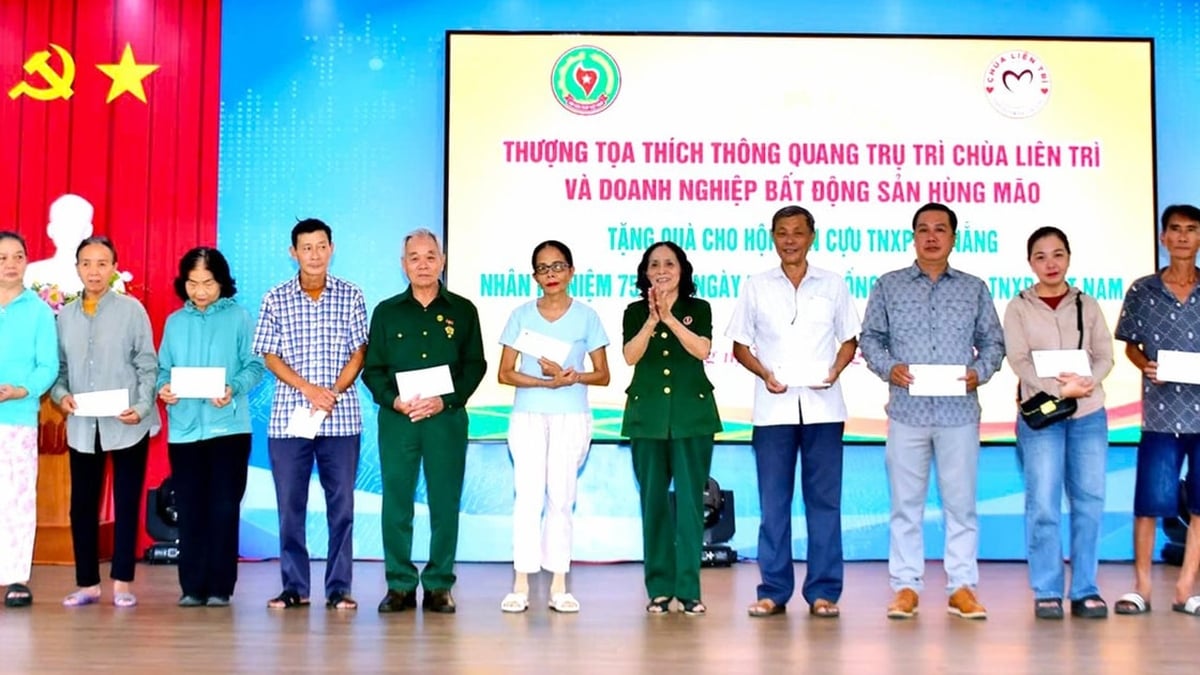
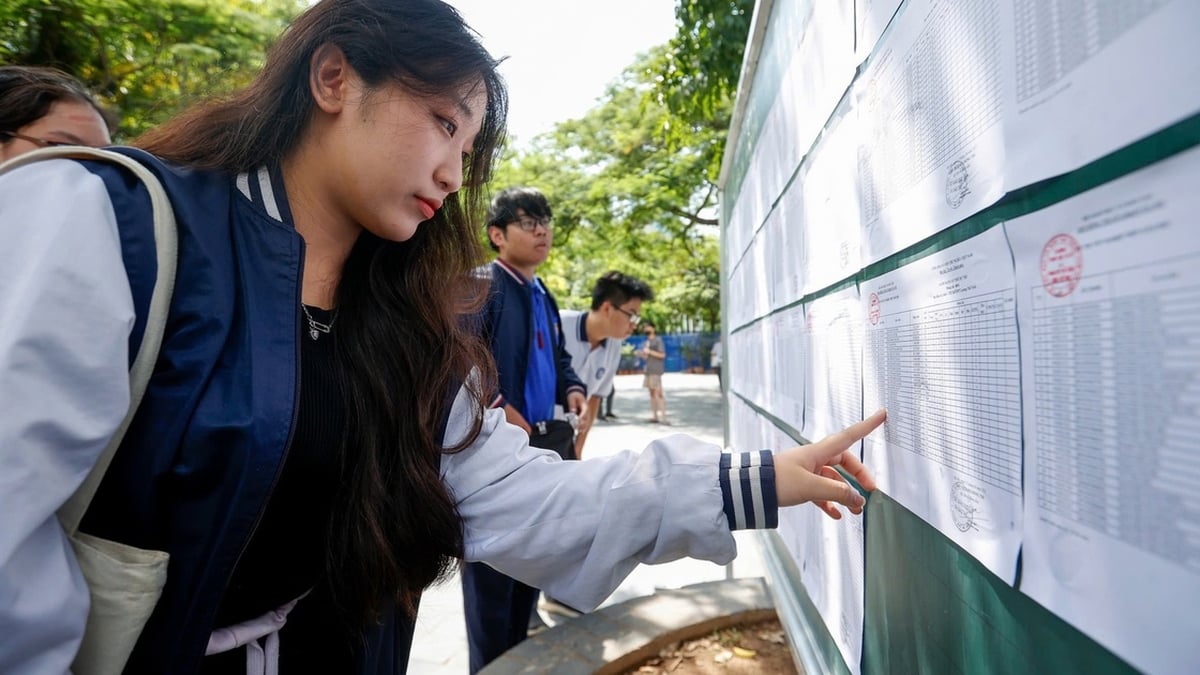

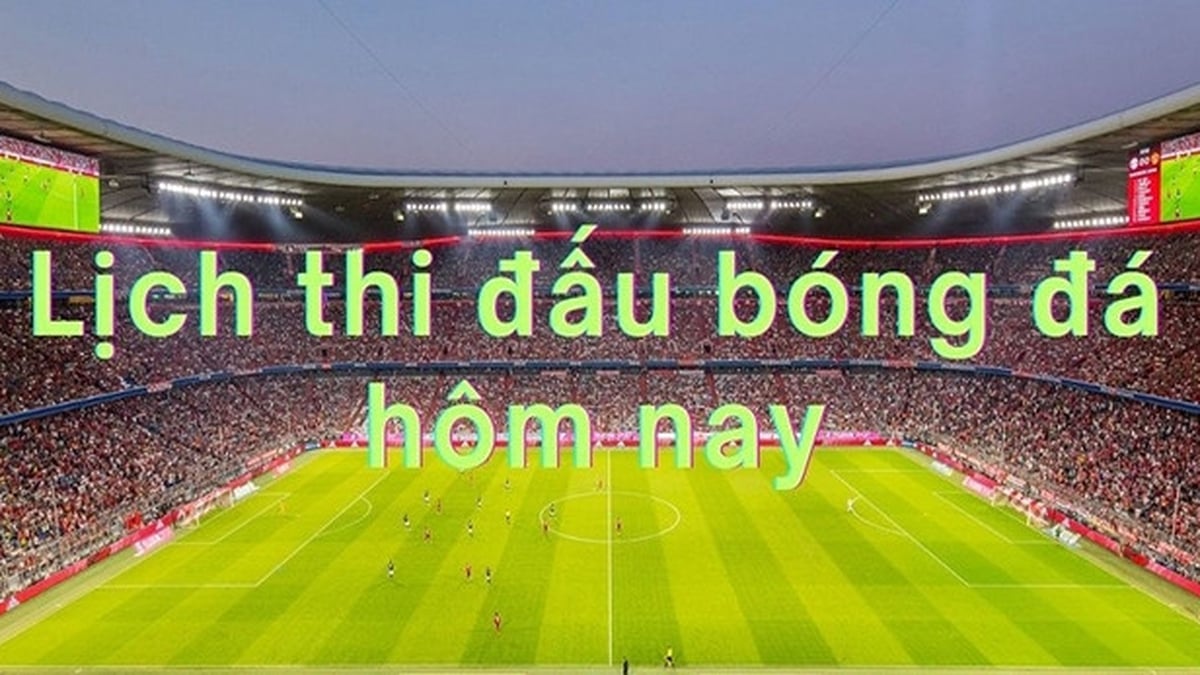
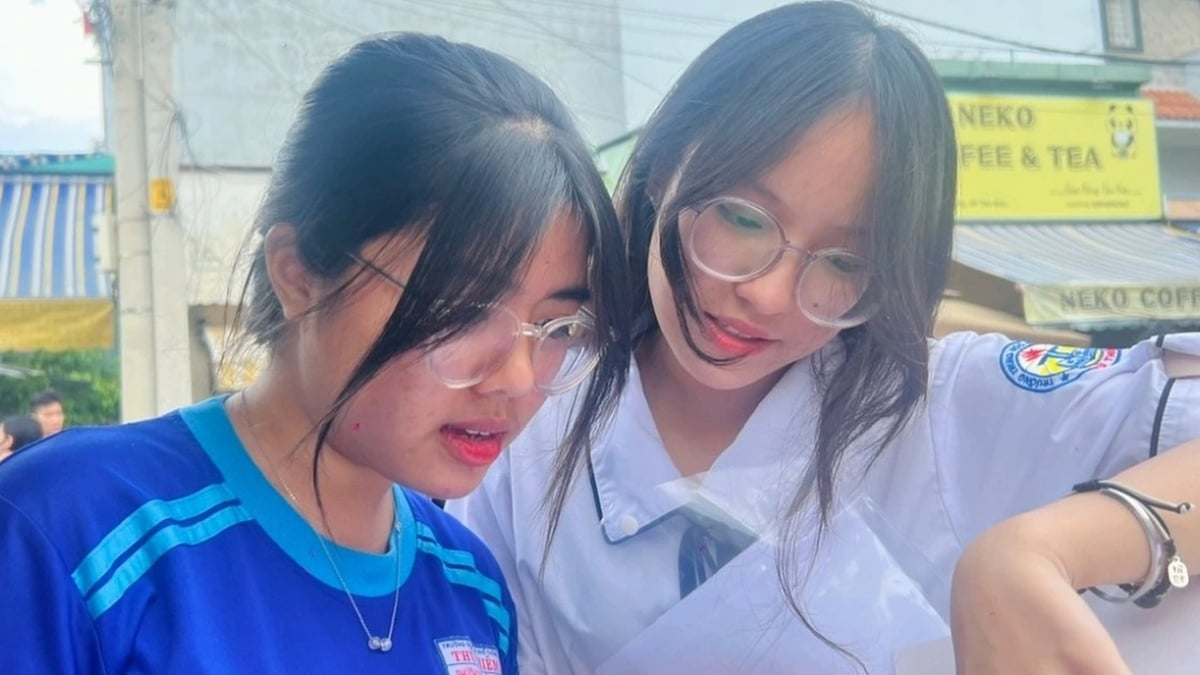

























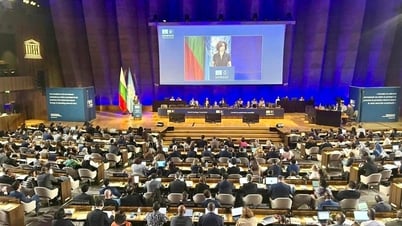
















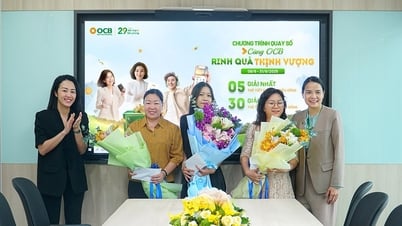



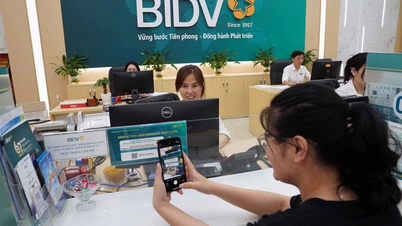





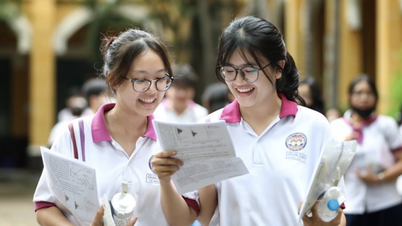



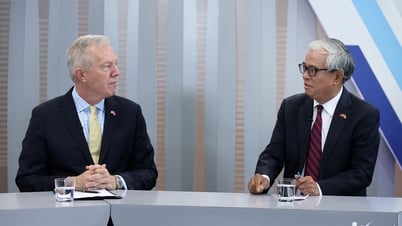
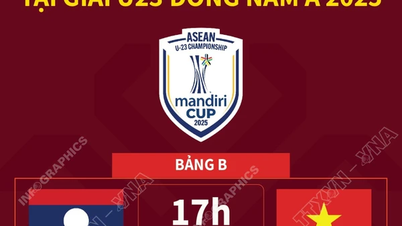

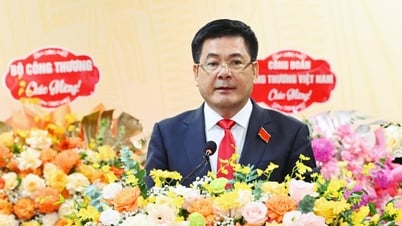

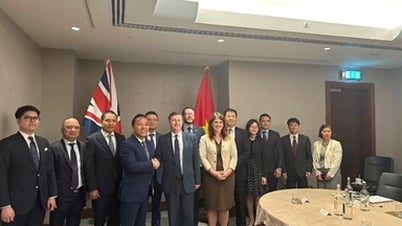
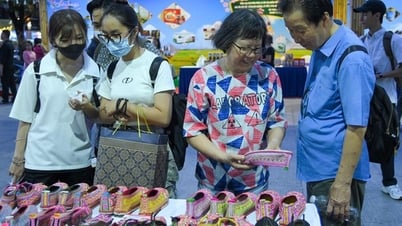

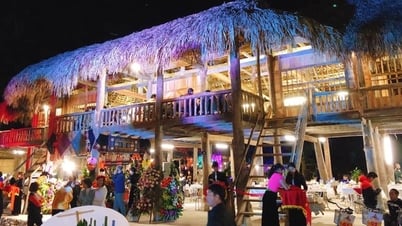
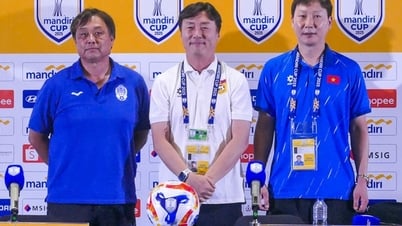
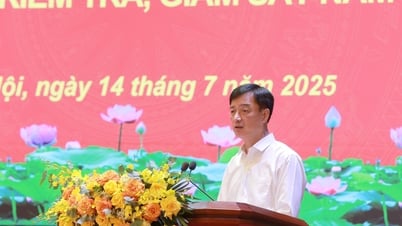






















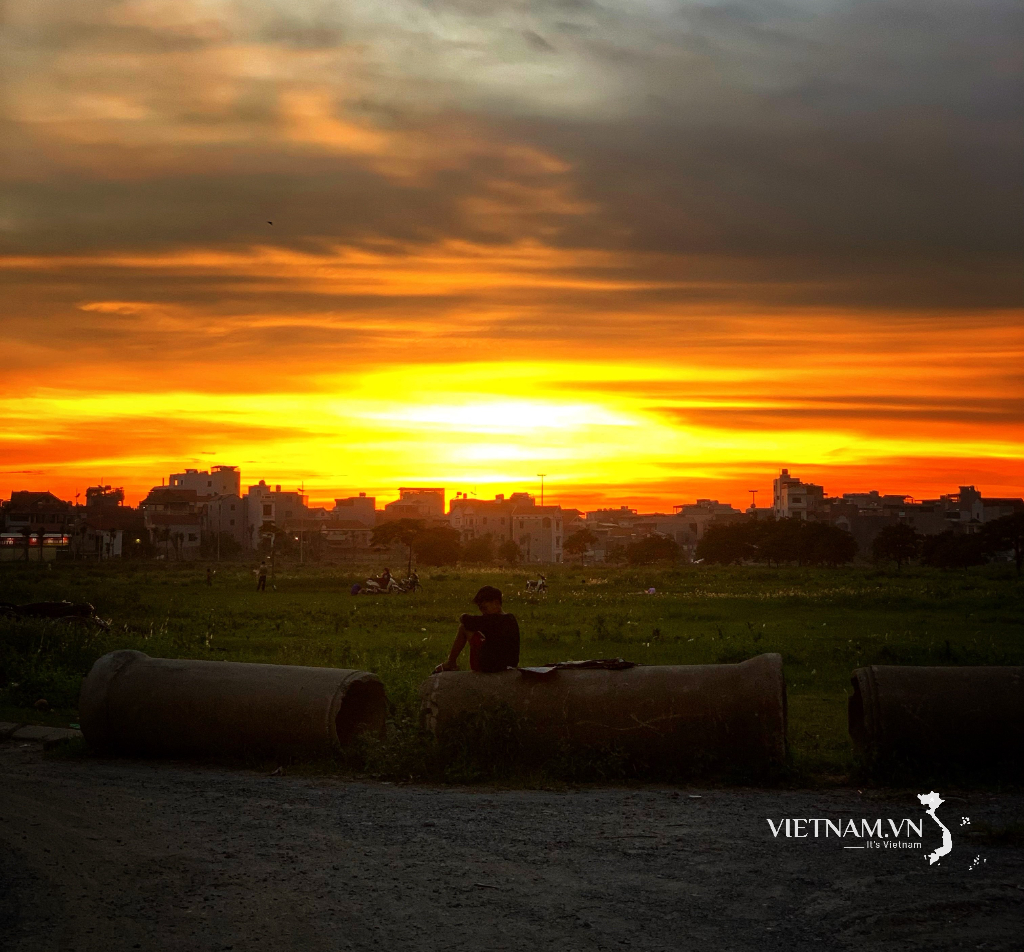

Comment (0)